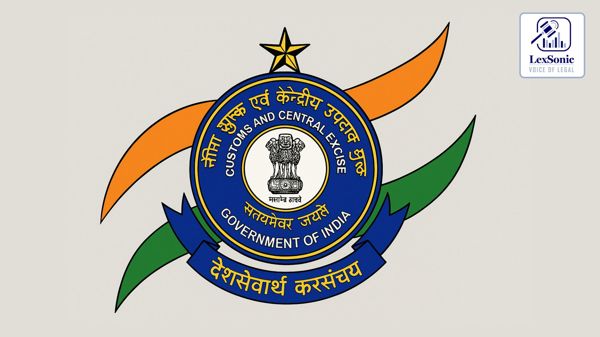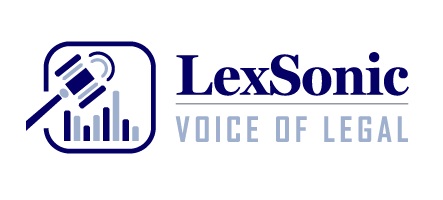Appeal Dismissed: Tribunal Lacked Power to Condon Delay Beyond Statutory Limit.
02-July-2025
Central Excise >> Tax Laws
This case of Siddhi Developers, Pune v/s The Joint Commissioner, Central GST, Pune-II Commissionerate, Pune concerns an appeal challenging an order from the Commissioner (Appeals) and a subsequent order from the Customs, Excise and Service Tax Appellate Tribunal (CESTAT) regarding the condonation of delay in filing an appeal.
The appellant received an Order-in-Original on November 30, 2019, and subsequently filed an appeal with the Commissioner (Appeals) on March 17, 2020, along with a delay condonation application. The Commissioner (Appeals) dismissed this application on September 30, 2020, stating that he lacked the power to condone delays exceeding the period stipulated in the proviso to sub-section (3A) of Section 85 of the Finance Act, 1994. This section mandates that an appeal be presented within two months, with a possible extension of one month for sufficient cause, making the maximum permissible period three months. As the appeal was filed more than three months after the original order's communication, the Commissioner (Appeals) found himself without jurisdiction to condone the delay.

The appellant then approached CESTAT, which upheld the Commissioner (Appeals)'s decision on May 10, 2023. The appellant argued that the Tribunal, under Section 35C of the Central Excise Act, 1944 read with Section 86(7) of the Finance Act, 1994, possessed broader powers to condone delay without a maximum limit, provided sufficient cause was shown. They contended that the Tribunal should have evaluated the "sufficient cause" for the 17-day delay. It was also argued that non-consideration of co-ordinate bench decisions that had previously directed condonation of delay beyond the prescribed period was a ground for interference.
However, the court found no substantial question of law in the appeal. It clarified that Section 35B(5) of the Central Excise Act applies only to appeals before the Tribunal, not to those before the Commissioner (Appeals). Similarly, Section 35C(1) does not empower the Tribunal to direct the Commissioner (Appeals) to act beyond the powers vested in them by the legislature. The court emphasized that the Commissioner (Appeals) correctly applied the clear and unambiguous provisions of Section 85(3A) of the Finance Act, 1994, which sets a strict three-month limit for filing appeals.
Citing Supreme Court precedents, specifically M/s. Glaxo Smith Kline Consumer Health Care Limited and Abhyudaya Co-operative Bank Ltd. v. Union of India & Ors., the court affirmed that appellate authorities are not empowered to condone delays beyond the statutorily prescribed aggregate period. Therefore, the Tribunal was justified in upholding the Commissioner (Appeals)'s decision and in disregarding any co-ordinate bench decisions that contradicted this established legal position.
